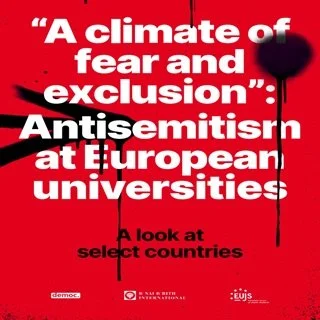By Mohamed Nassir
In a report published in September 2025, Australia’s Special Envoy to Combat Islamophobia, Aftab Malik, reveals that anti-Muslim prejudices have been increasingly prevalent in Australia in recent years. He finds that these issues have been exacerbated by geopolitical events such as 9/11 and the ongoing Israel-Gaza conflict. Malik’s Report attributes this to factors such as negative media coverage and “divisive comments by politicians”. It concludes with 54 recommendations for the Australian government to consider in combating Islamophobia.
In his report published on 12 September 2025, Australia’s Special Envoy to Combat Islamophobia, Aftab Malik, describes the rise of anti-Muslim sentiment in Australia as “pervasive and, at times, terrifying”. The report entitled, A National Response to Islamophobia: A Strategic Framework for Inclusion, Safety and Prosperity, argues that, despite there being no universally accepted definition of Islamophobia, it should be acknowledged that incidents of privilege and discrimination against Australian Muslims are increasing.
The report begins by examining the rise of anti-Muslim sentiments in Australia in recent years and identifies some of the key factors that explain the phenomenon. It concludes with 54 recommendations aimed at addressing the problem. These recommendations are a valuable resource for countries like Singapore, which value social harmony and strive to protect vulnerable groups and foster inclusivity.
S. Rajarat nam School of International Studies, NTU Singapore, 2025. 6p.






